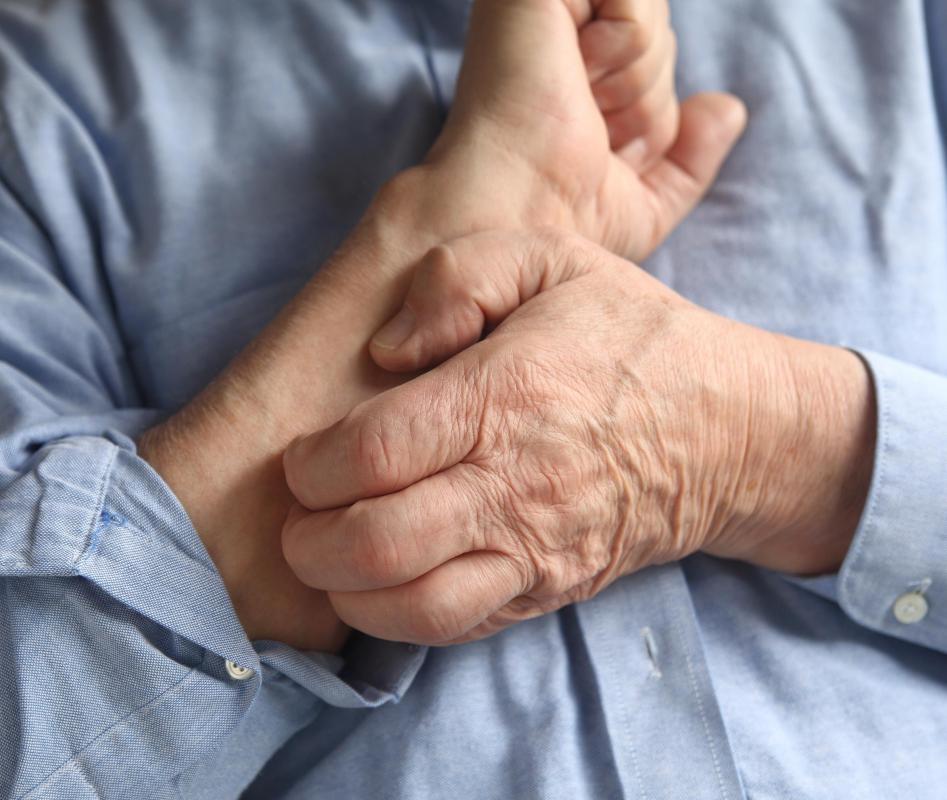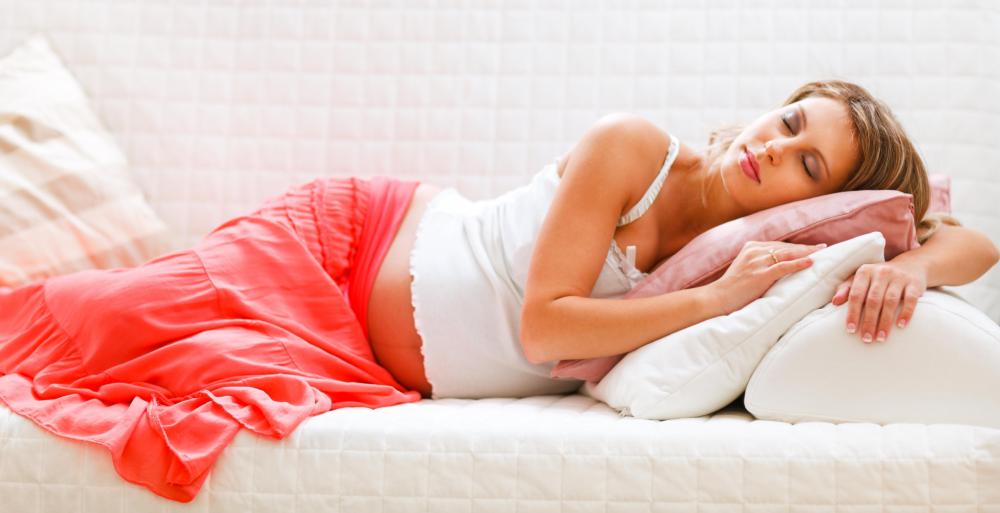At TheHealthBoard, we're committed to delivering accurate, trustworthy information. Our expert-authored content is rigorously fact-checked and sourced from credible authorities. Discover how we uphold the highest standards in providing you with reliable knowledge.
What are Antihistamine Creams?
Antihistamine creams are topical substances that, when rubbed on the skin, relieve localized rashes and itching as well as the swelling and pain that often accompanies such conditions. When the body reacts to an irritant, a substance called histamine is released, which causes symptoms of an allergic reaction. Antihistamines are medicines that block the body's histamine receptors, thereby mitigating allergy symptoms.
These creams are effective in treating and soothing rashes caused by allergies, insect bites or contact with irritants such as poison ivy, poison oak or poison sumac. They're also good for treating mild sunburn. Antihistamine ointments should be used only if itching, swelling and pain is localized.

These creams are intended to treat only minor skin problems in small areas. Widespread rashes are best treated with oral antihistamines instead of creams. It's a good idea for one to apply these ointments at bedtime to lessen nighttime itching and improve chances for a good night's sleep.
If skin is broken or cut, then the creams shouldn't be used. They should never be used on open wounds or mucous membranes. Antihistamine creams should also be avoided by people who are allergic to antihistamines or have eczema. Women who are pregnant shouldn't use these ointments, nor should women who are breastfeeding. It's not known whether the medicine can find its way into breast milk.

When used properly, these creams are effective in treating itchiness and rashes. If they're used improperly, however, these creams can cause contact dermatitis, an allergic reaction that exacerbates the severity of the rash and/or the itchiness. If contact dermatitis occurs, then use of the treatment must be stopped immediately. Rashes that grow worse require examination by a medical professional.

Antihistamine ointments shouldn't be used any longer than three days. If symptoms haven't improved within that period of time, then a visit to the doctor is in order. It's important for antihistamine creams to be kept out of reach of children and animals. They're harmful if swallowed. If accidental ingestion occurs, medical attention should be sought immediately.

Slight stinging or burning is normal when one is treating skin irritation with this cream, but these effects should subside quickly. More worrisome side effects such as shortness of breath are rare, but if they occur, they indicate a serious allergic reaction. In such cases, emergency treatment is necessary. Antihistamine creams can interact with other drugs. People who take regular medications or herbal supplements should talk to medical professionals about possible drug interactions before beginning treatment with antihistamine cream.
AS FEATURED ON:
AS FEATURED ON:

















Discussion Comments
@burcidi-- That's quite common actually, I had the same type of itching during my pregnancy. It is because the skin is stretching out but it goes away after delivery. When I was pregnant, I used calamine lotion and aqueous lotion. These are good antihistamine cream alternatives for pregnant women.
I think there might be a few antihistamine creams that doctors do prescribe but I'm not sure what they are. It would be best to talk to your doctor about it.
I have heard of pregnant women using cortisone creams but again, not sure which ones and whether it's totally safe. I'm inclined to think that it is not any more safe than antihistamine creams.
I'm eight months pregnant and I'm experiencing a lot of itching around my belly and waist. I think it has to do with my skin stretching out.
I read on a forum that doctors may prescribe antihistamine creams and even tablets for these symptoms in pregnancy. Well, I don't trust that site anymore since they mentioned nothing about the risks of using anthistamine creams for pregnant woman.
I want to avoid using creams if I can but are there any other alternatives to antihistamine creams that might be safe for me?
I've also heard about hydrocortisone anti-itch creams. What is the difference between these and antihistamine creams and does it pose the same risks for pregnant women?
Thank you!
I'm so glad I found this article. I have a horrible rash around my neck that just won't go away. I think it's an allergic reaction because it appeared after I tried some perfumes at the mall yesterday.
My neck started to itch all of the sudden and the skin is raised. I haven't done anything because I've never experienced something like this before. I'm going to head over to the pharmacy and buy an antihistamine cream. I really hope that this relieves the rash and itch.
Post your comments